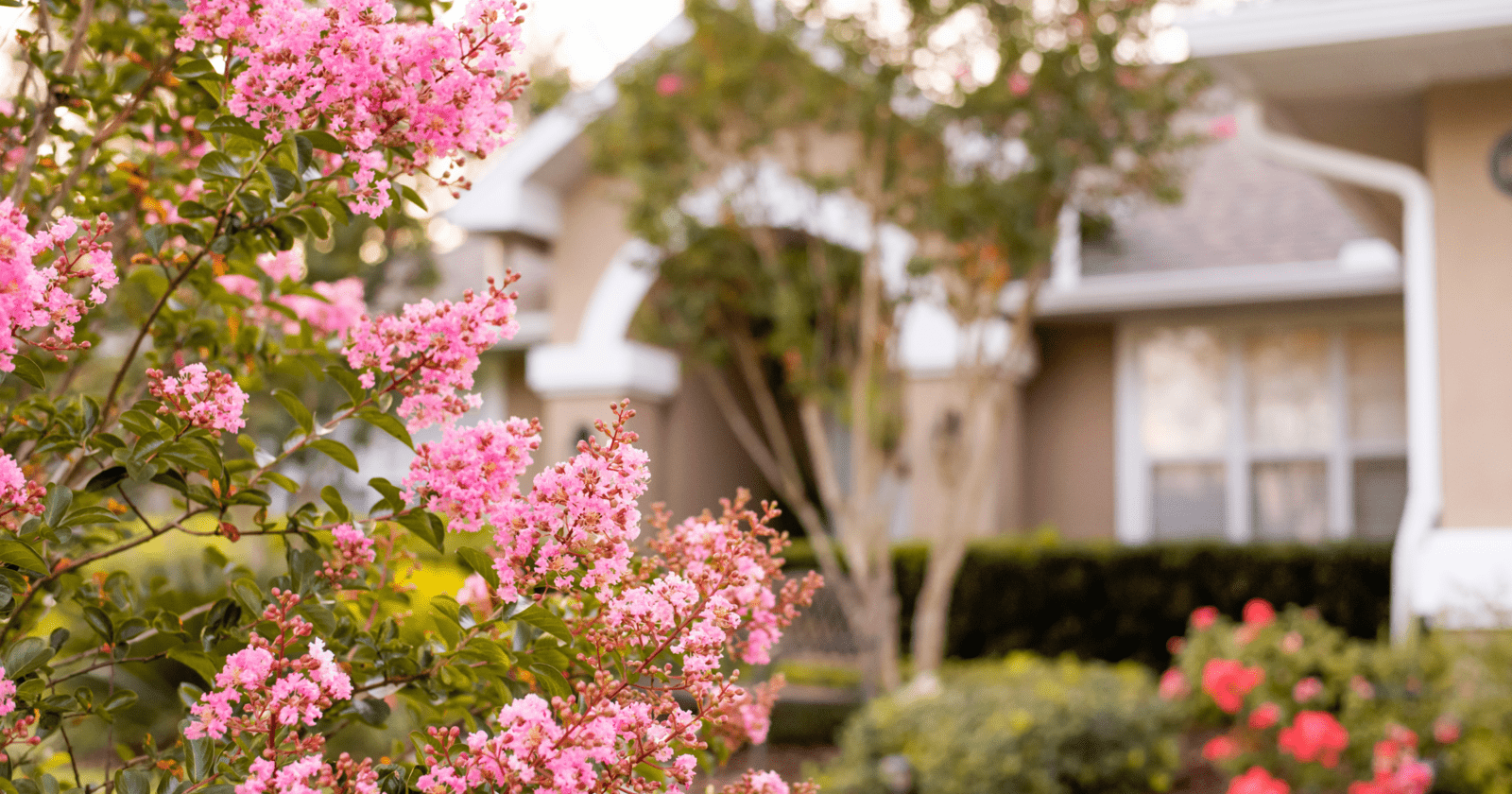
Landlord insurance is simply home insurance for your rental property. Let’s say an incident occurs that causes damage to your property, such as theft, fire or vandalism. This insurance will cover the homeowner for any repair or replacement costs they may incur in fixing the problem. Homeowners insurance coverage is quite extensive. These include loss of rental income, building damage and liability coverage if someone is injured in your rental. While homeowner’s insurance is not required, it is certainly recommended. Being covered against the above situations can give you peace of mind knowing that you and your building are protected from any financial burdens that may arise.
What is included in homeowners insurance?
Property Coverage
With homeowner’s insurance, you will get coverage on your building. If your building is vandalized, damaged by natural events such as hail, lightning or a storm, you will be covered for any damage caused to your property by these events. It will also cover the theft of any items you have installed in your rental. For example, if you rent a fully furnished apartment to a tenant, the tenant is also renting the furniture to you, so you will be covered for theft of the furniture (if stated in the policy). However, this does not cover property owned by the tenant. They will need to apply for renter’s insurance that provides coverage for the contents.
Liability coverage
If you are responsible for an injury on your property, the tenant can sue you. With liability coverage, you are protected from these legal situations.
Insurance against non-payment of rent
In the unfortunate event that your property becomes uninhabitable due to serious problems including mold, infestation and fire damage. If you are not responsible for these problems and they are not excluded from your policy, you will receive compensation for the income you would lose if the tenants did not live there. This payment will last until the old or new tenant moves in. Remember, before you dive into buying a homeowner’s insurance policy. Make sure you know what your policy covers, what the exclusions are and how much compensation you can get. All policies are slightly different from each other, as are the requirements needed from the various owners. For example, if you rent a fully furnished property, you may need extended coverage, as standard homeowners insurance cannot protect that property.
What might not be covered by homeowners insurance?
I’ve mentioned exclusions throughout this article, but what are some situations where you can’t claim?
- Freezing of plumbing pipes
- General wear and tear of a property
- Pest control
- Earthquakes
While exclusions depend on your insurer and where you live, here are the main types of situations that homeowners insurance does not cover. It is essential to be aware of them, as well as the exclusions you may face if you do not follow the specific rules mentioned in your insurance.







